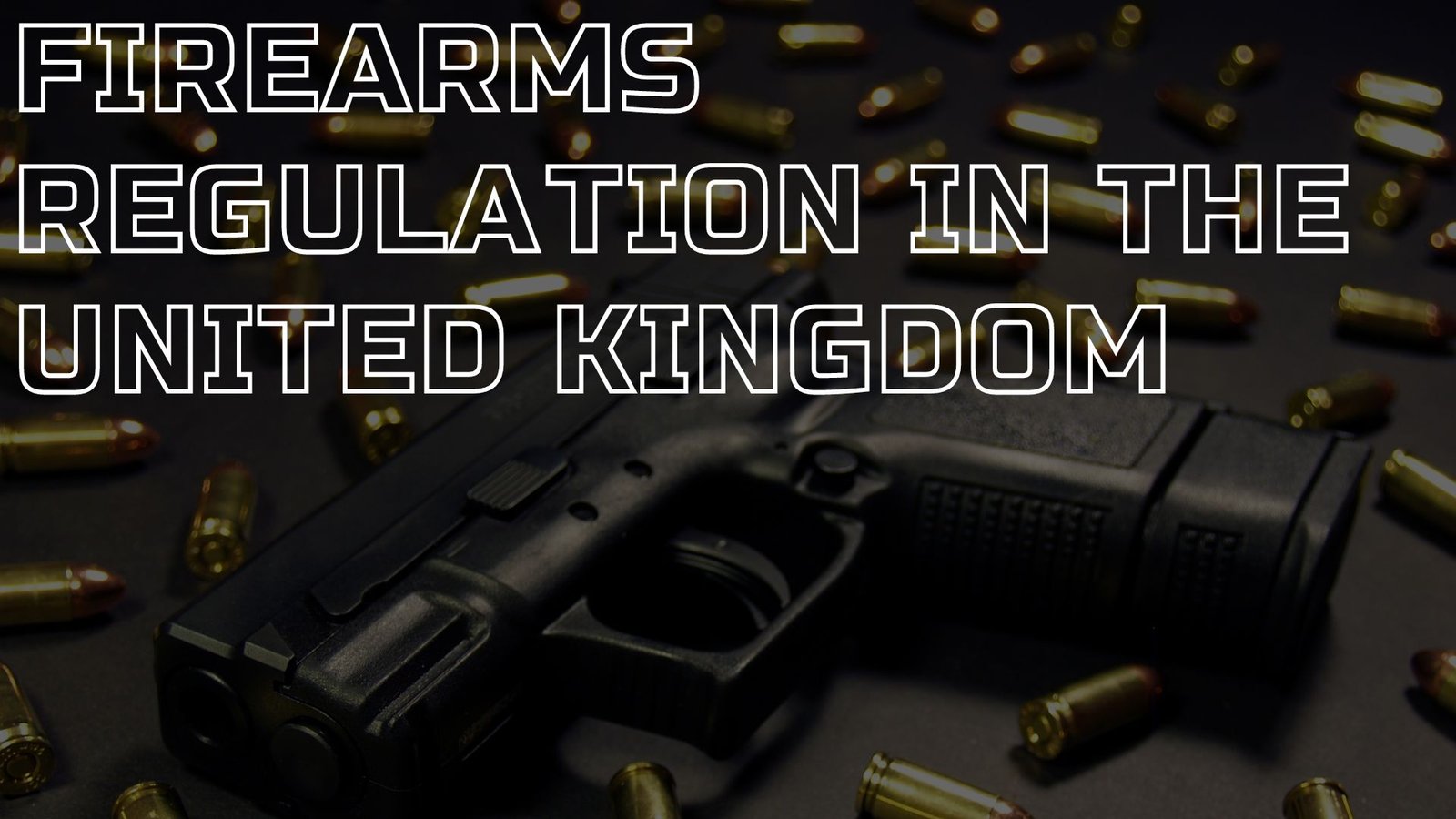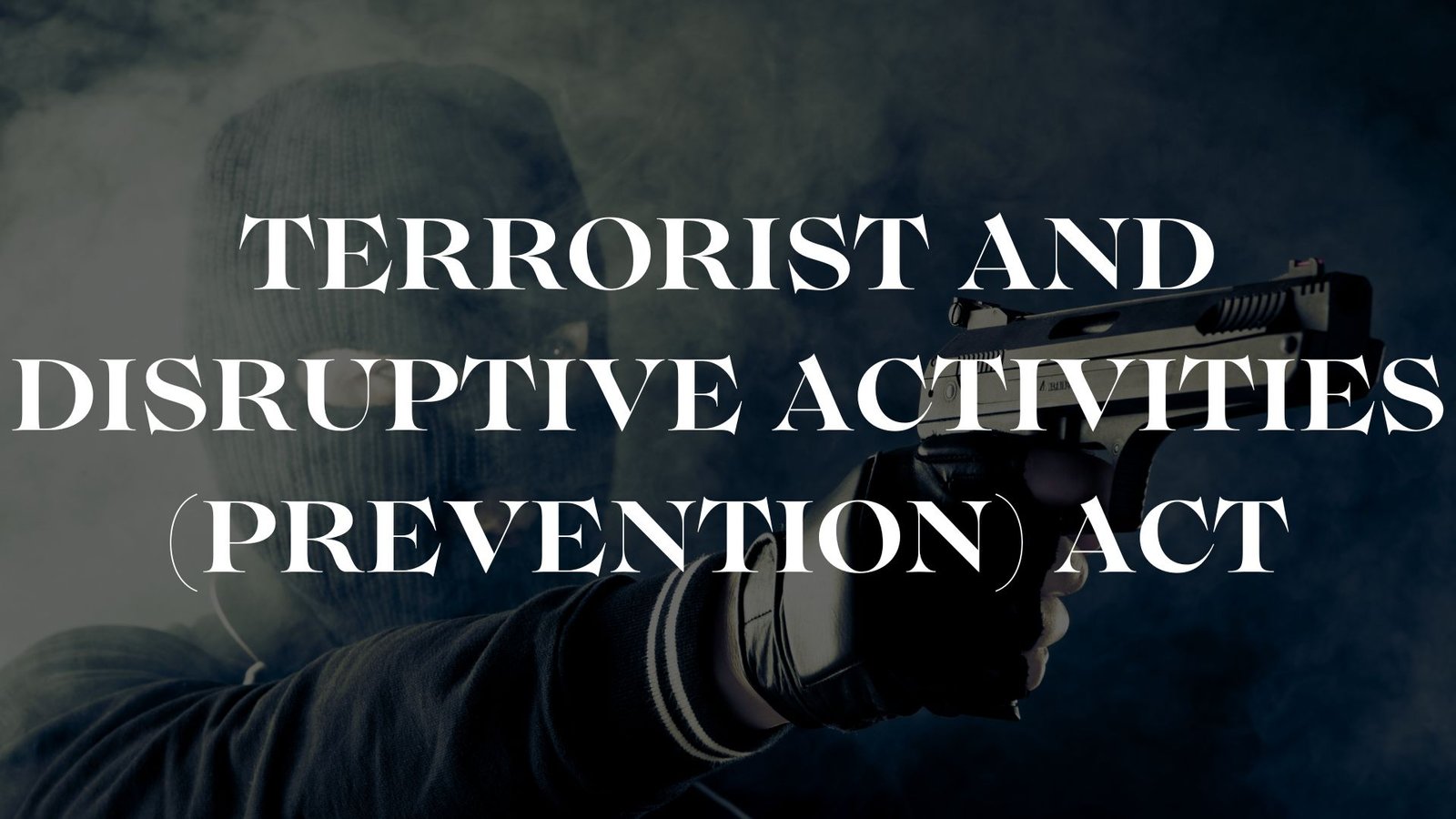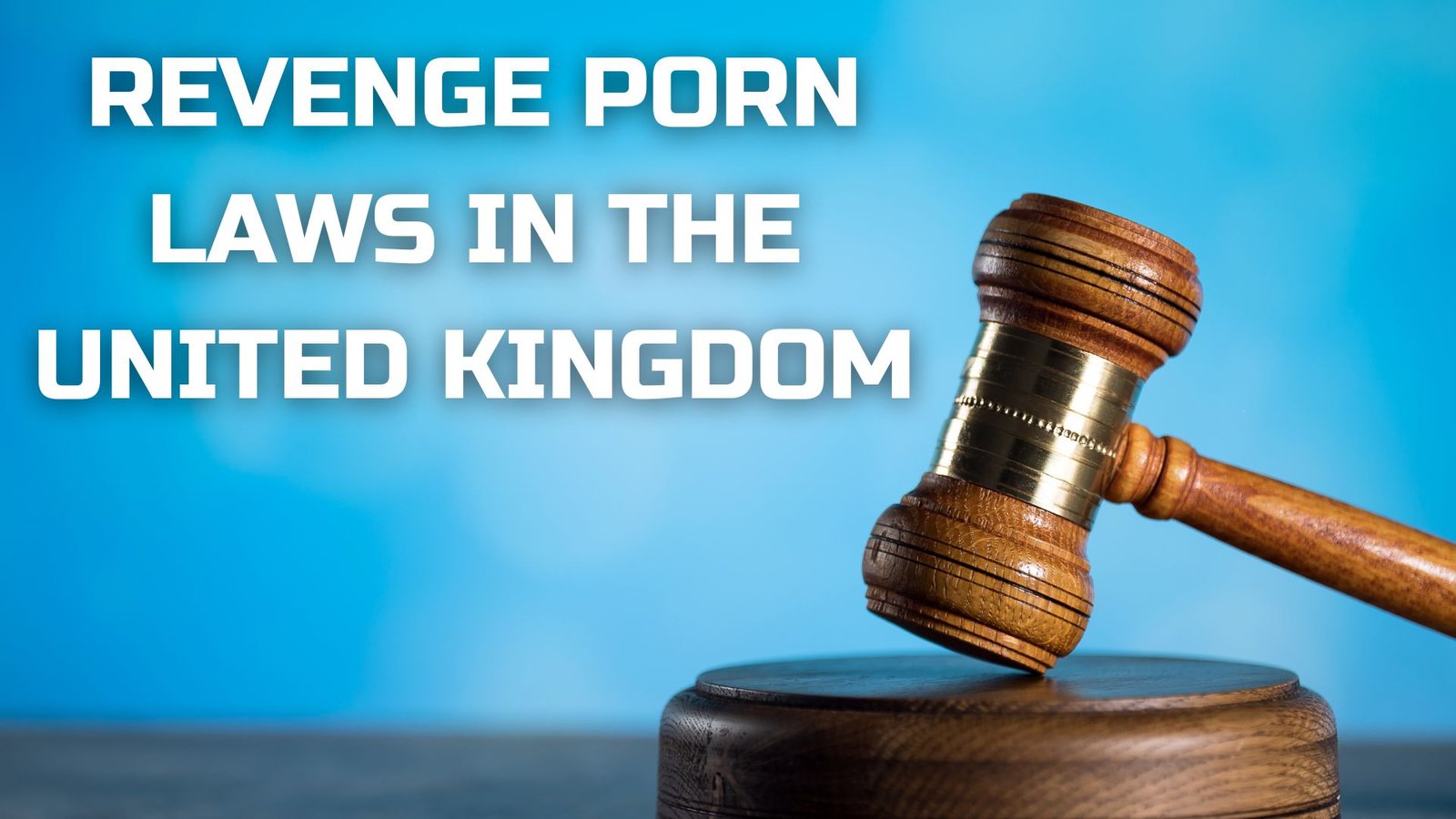On this page you will read detailed information about Firearms Regulation in the United Kingdom.
The possession and use of firearms in the United Kingdom are heavily regulated to ensure public safety. With some of the toughest restrictions on firearms ownership in the world, the UK has implemented a meticulous process for granting firearms licenses. In this article, we will delve into the various aspects of firearms regulation in the UK, including the requirements for obtaining a license, the types of firearms that are legal, and the role of the police in granting licenses.
Who Can Own a Firearm?
The possession of firearms and ammunition in the UK is regulated primarily by the Firearms Act 1968. To be granted a firearms license, individuals must undergo an assessment by their local police force to determine if they pose a threat to public safety and if they have a “good reason” to own a firearm.
The age at which a person can possess a firearm varies across different regions of the UK. In England, Wales, and Scotland, individuals aged 14 and above can own and use a section 1 firearm if they hold a valid firearms certificate. In Northern Ireland, the minimum age to possess a firearm is 18, although those over 16 can use one in the presence of an adult with a license. It’s important to note that individuals who have been sentenced to three years or more in prison are prohibited from possessing firearms or ammunition.
Types of Legal Firearms
While some firearms are completely prohibited in the UK, others can be licensed and legally owned. Handguns, for example, were effectively outlawed after the tragic Dunblane massacre in 1996, which claimed the lives of 16 schoolchildren and one teacher. However, shotguns and rifles can still be licensed and held under firearm or shotgun certificates.
Low-powered air weapons, such as air rifles, are generally not licensed in England and Wales, unless they fall under the category of banned air weapons as defined by the Firearms (Dangerous Air Weapons) Rules 1969. Certain restrictions also apply to their sale. It is considered an offense to carry an air weapon in a public place without a “reasonable excuse,” with the definition of what constitutes a “reasonable excuse” left to the judgment of the courts.
In the previous post, we had shared information about An Overview of the Understanding Council Tax in the United Kingdom, so read that post also.
The Process of Granting Firearms Licenses
The responsibility for granting firearms licenses lies with the police. They undertake a thorough process of assessing individuals to determine their suitability and need for owning a firearm. This process involves interviews, property visits, criminal records checks, and references from acquaintances.
Applicants must demonstrate that they require a firearm on a regular and legitimate basis for work, sport, leisure activities, collections, or research. The definition of a “good reason” may vary depending on the police’s discretion and the specific circumstances of the applicant. During the renewal of a firearms certificate, individuals are legally obliged to disclose their mental health history. GPs may be contacted and informed once a certificate is granted. While individuals are not required to disclose new mental health conditions during the validity of their certificate, doctors have a duty to disclose information if they believe the patient poses a risk of harm to themselves or others.
New Statutory Guidance for Police Forces
In October 2021, the Home Office published new statutory guidance for police forces on firearms licensing, which came into effect on November 1, 2020. The introduction of this guidance was prompted by concerns raised in a 2015 inspection, which highlighted inconsistencies in police force practices regarding licensing. The previous discretionary guidance was deemed insufficient, leading to the introduction of legislation empowering the government to issue statutory guidance to police forces.
Before issuing the new guidance, the government consulted with police leaders to ensure their input and expertise were taken into account. The consultation process included discussions on the sharing of medical information between GPs and the police, which proved to be a controversial aspect. Gun owners expressed concerns about the engagement and cost of the process, while the medical community raised legal concerns about sharing patient information. Despite these challenges, the government continued negotiations to address the issues raised during the consultation.
Ensuring Firearm Safety: Government Consultation
In line with the Offensive Weapons Act 2019, the UK government initiated a public consultation on various aspects of firearms safety. The consultation, which opened on November 24, 2020, sought public views on several proposed changes to firearm regulations. These changes include the safekeeping of high-powered rifles, amendments to air weapons regulations, regulation of miniature rifle ranges, and the creation of a new offense related to the illegal manufacture of ammunition.
Regarding the safekeeping of high-powered rifles, the government proposed setting rules based on the level three security measures outlined in the firearms security handbook. This handbook provides guidance to gun owners on the safe storage and handling of their weapons. Additionally, the government proposed further restrictions on children possessing air weapons, with specific details discussed in the Library paper on air weapons.
To regulate miniature rifle ranges and shooting galleries where only miniature rifles are used, the government suggested introducing licenses for operators. This would ensure proper oversight and adherence to safety standards in these facilities. Lastly, the government proposed creating a new offense related to the illegal manufacture of ammunition. This offense would criminalize the possession of component parts with the intent to manufacture ammunition.
Conclusion
Firearms regulation in the United Kingdom prioritizes public safety by implementing stringent measures for the possession and use of firearms. The process of obtaining a firearms license involves a thorough assessment by the local police force, ensuring that applicants do not pose a threat to public safety and have a legitimate reason for owning a firearm. While some types of firearms are completely prohibited, others can be licensed and legally owned under specific conditions. The recent introduction of new statutory guidance for police forces aims to address inconsistencies in licensing practices. The government’s ongoing consultation on firearm safety further demonstrates the commitment to enhance regulations and ensure the responsible ownership and use of firearms in the UK.
Disclaimer
The information and services on this website are not intended to and shall not be used as legal advice. You should consult a Legal Professional for any legal or solicited advice. While we have good faith and our own independent research to every information listed on the website and do our best to ensure that the data provided is accurate. However, we do not guarantee the information provided is accurate and make no representation or warranty of any kind, express or implied, regarding the accuracy, adequacy, validity, reliability, availability, or completeness of any information on the Site. UNDER NO CIRCUMSTANCES SHALL WE HAVE ANY LIABILITY TO YOU FOR ANY LOSS OR DAMAGE OF ANY KIND INCURRED AS A RESULT OR RELIANCE ON ANY INFORMATION PROVIDED ON THE SITE. YOUR USE OF THE SITE AND YOUR RELIANCE ON ANY INFORMATION ON THE SITE IS SOLELY AT YOUR OWN RISK. Comments on this website are the sole responsibility of their writers so the accuracy, completeness, veracity, honesty, factuality and politeness of comments are not guaranteed.
So friends, today we talked about Firearms Regulation in the United Kingdom, hope you liked our post.
If you liked the information about Firearms Regulation in the United Kingdom, then definitely share this article with your friends.








